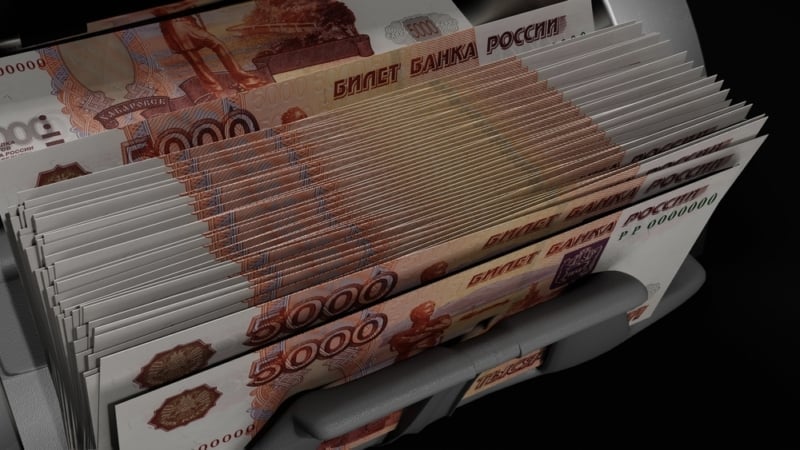Publisher: Maaal International Media Company
License: 465734
Economic Recession..New crisis looms on the horizon
Economists are warning of a looming new global recession, following years of turmoil caused by the COVID-19 pandemic, rising inflation and war in Ukraine.
According to the International Monetary Fund, the main drivers of these pessimistic forecasts are deflation in China and Russia, weak consumer spending in the United States and tight financial conditions due to rising inflation worldwide. Moreover, the fallout from the Ukraine war further complicates the economic picture. Last July, the International Monetary Fund lowered its forecast for global growth for 2022 to 3.2%, a percentage point lower than its forecast in April of this year.
What is Recission?
اقرأ المزيد
A recession is a macroeconomic term for any significant and widespread decline in economic activity that lasts for a number of months, specifically any period in which GDP declines for a period equal to at least six months. It is one of the phases of the economic cycle in which unemployment usually increases and the value of investments and corporate profits decrease.
By this technical definition, it can already be said that the United States is in a recession, according to Euronews.
Although the country’s gross domestic product (GDP) declined by 1.6% in the first quarter of the year and by 0.9% in the second quarter.
This technical definition is not a perfect indicator either, says Jan Egbert Sturm, director of the Swiss Institute for Economic Analysis. Pointing out that “other aspects through which we define the economy, such as the labor market, for example, were actually working very well, and therefore they do not yet give signs of a recession.”
Inflation management:
Two US jobs reports from July and August of this year showed that the country added 528,000 and 315,000 jobs respectively, indicating that the labor market remains strong despite the pressures.
But as this number could be affected by the drop in GDP, all eyes will be on reports in the coming months for signs of problems. Moving on to Europe, the biggest fear is in the coming quarters as fiscal measures to manage inflation and choking gas supplies from Russia could take a toll on the economy. “Right now, the European labor market is still doing very well,” Sturm said.
And the economic analyst indicates that we are still in the stage of exit from the epidemic, so to speak, the crisis there. We see that the labor market numbers are still going in the right direction. But that could change, and that’s what people fear.” Pointing out another element that could push us into recession is the constant talk and coverage about inflation, which is likely to lead to a decline in consumer confidence.
Shipping rates:
The latest data from S&P Global Market Intelligence showed that freight rates continued to fall as global trade volumes slowed as a result of shrinking demand for goods. While freight rates have also fallen due to an easing of supply chain disruptions that have built up due to the pandemic, much of the slowdown in demand for containers and ships has been due to poor cargo movement, according to the research group. This could be another indication of a possible recession.
Recession risks:
Deutsche Bank strategists see a 25% downside risk for US stocks and earnings expectations, as higher valuations threaten continued rally, and Goldman and Morgan Stanley also said stocks could fall to new lows.








